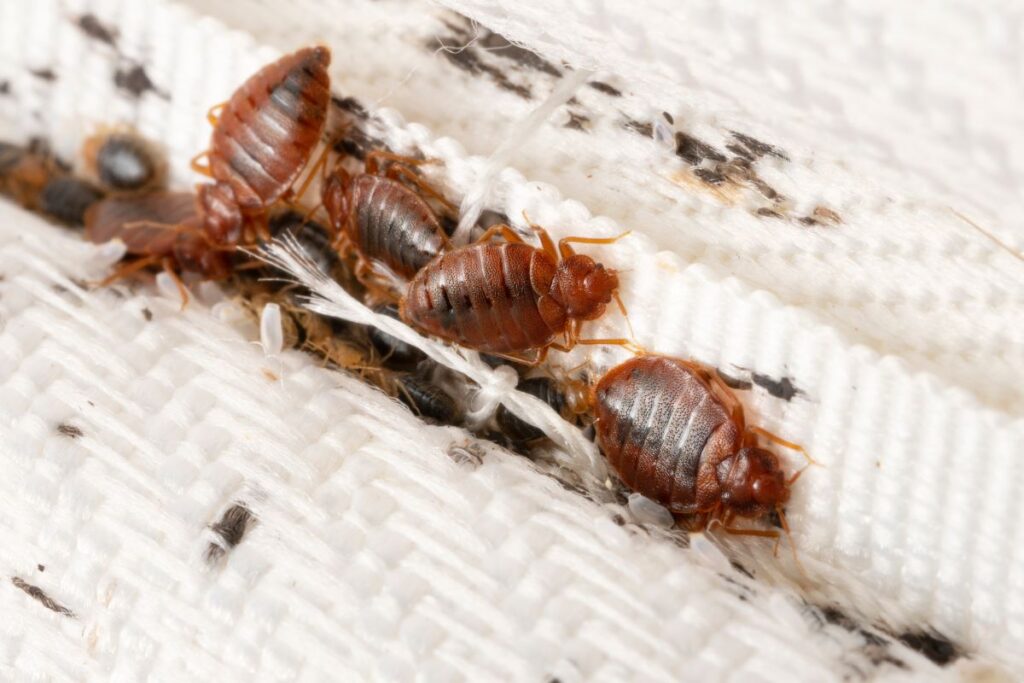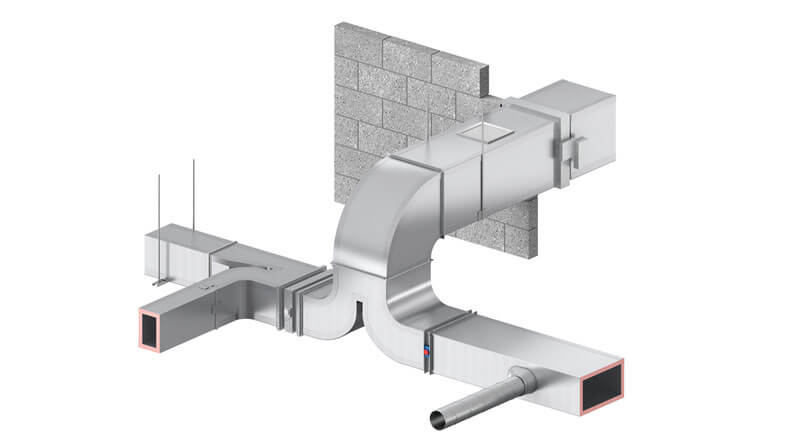Bed bugs are a common pest problem in Singapore, affecting homes, hotels, dormitories, and even public spaces. These tiny insects feed on human blood and can cause discomfort, skin irritation, and stress. Due to Singapore’s warm and humid climate, bed bug infestations can spread quickly if not addressed early.
For those dealing with an infestation, learning about bed bug Singapore solutions is essential. Understanding how to detect, prevent, and eliminate these pests can help maintain a clean and pest-free environment.
How to Detect Bed Bugs
Early detection is crucial to controlling an infestation before it spreads. Bed bugs are small, oval-shaped, reddish-brown insects that hide in cracks, crevices, and fabric folds. Here are some key signs of an infestation:
1. Bite Marks on Skin
Bed bug bites usually appear as red, itchy welts in clusters or lines on exposed skin areas such as arms, neck, and legs. Some people may develop allergic reactions, leading to swelling and irritation.
2. Blood Stains on Bedsheets
If you notice small blood spots on your sheets or pillowcases, this may be caused by crushed bed bugs after feeding.
3. Dark Spots on Furniture and Mattresses
Bed bugs leave behind small, dark fecal spots on mattresses, bed frames, headboards, and upholstered furniture. These stains may resemble ink marks.
4. Musty Odor
A strong, musty smell in a room can indicate a large infestation. Bed bugs release pheromones that produce an unpleasant scent when they gather in large numbers.
5. Presence of Shed Skins and Eggs
Bed bugs shed their skins as they grow, leaving behind translucent shells. Tiny white eggs (about 1mm in size) may also be found in hidden areas like mattress seams, wall cracks, and behind furniture.
How to Prevent a Bed Bug Infestation
Preventing bed bugs from entering your home or workplace is the best way to avoid an infestation. Here are some preventive measures:
1. Inspect Second-Hand Furniture and Clothing
Used furniture, mattresses, and clothing can carry bed bugs. Always inspect and clean these items thoroughly before bringing them into your home.
2. Reduce Clutter
A cluttered environment provides more hiding spots for bed bugs. Keeping rooms tidy and organized can help prevent infestations and make detection easier.
3. Wash Bedding and Clothes Regularly
Frequent washing of bedsheets, pillowcases, and clothes in hot water (above 60°C) helps eliminate any bed bugs or eggs present.
4. Be Cautious While Traveling
Bed bugs are commonly found in hotels and public transport. When staying in a hotel, inspect the bed, furniture, and luggage storage areas for signs of infestation. Keep your suitcase elevated and away from beds and carpets.
5. Seal Cracks and Crevices
Bed bugs can hide in small gaps and cracks in walls, floors, and furniture. Sealing these entry points can reduce their hiding spots and make it harder for them to spread.
How to Eliminate Bed Bugs
If you suspect a bed bug infestation, it is important to take immediate action to prevent it from worsening. Here are some methods to eliminate bed bugs effectively:
1. Vacuuming
Vacuuming infested areas, including mattresses, bed frames, carpets, and upholstery, can help remove bed bugs, eggs, and fecal matter. Dispose of the vacuum bag in a sealed plastic bag to prevent re-infestation.
2. Use of Heat Treatment
Bed bugs cannot survive extreme heat. Washing infested bedding and clothing in hot water or using a steam cleaner on furniture and carpets can effectively kill bed bugs and their eggs.
3. Freezing Method
Exposing infested items to extreme cold (below -18°C) for at least 48 hours can kill bed bugs. This method works well for small, non-washable items like books and toys.
4. Bed Bug-Proof Mattress Covers
Encasing your mattress and pillows with bed bug-proof covers can trap any remaining bed bugs inside and prevent them from feeding, eventually leading to their death.
5. Natural Remedies
Some people use natural remedies like diatomaceous earth, baking soda, and essential oils (such as tea tree or lavender oil) to repel and kill bed bugs. However, these methods may not be as effective for severe infestations.
6. Seek Professional Pest Control Services
For severe or persistent infestations, professional pest control services may be necessary. Experts use specialized treatments such as chemical sprays, heat treatments, and fumigation to completely eradicate bed bugs from your home or workplace.
Conclusion
Bed bugs are a serious nuisance in Singapore, but with proper detection, prevention, and elimination methods, infestations can be effectively managed. Regular inspection, cleanliness, and early intervention are key to keeping your space bed bug-free. If an infestation becomes unmanageable, seeking professional assistance ensures thorough and long-lasting bed bug removal.


